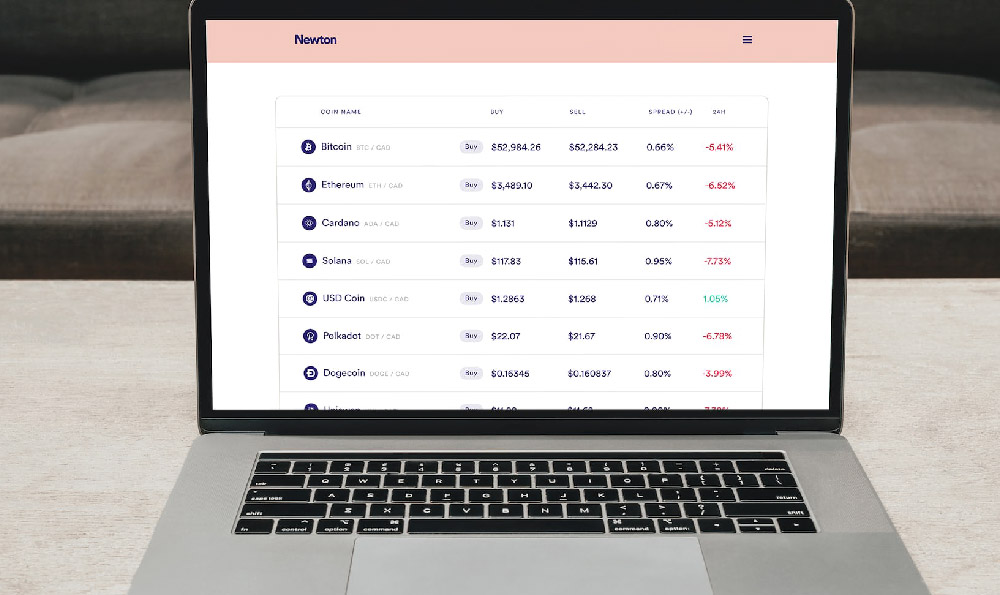Can I Collect Unemployment Benefits? Does Part Time Work Affect Eligibility?

Here's an SEO-optimized article addressing the impact of part-time work on unemployment benefits eligibility:
Navigating Unemployment Benefits and Part-Time Work: A Comprehensive Guide
Unemployment benefits provide a crucial safety net for individuals who have lost their jobs through no fault of their own. However, the eligibility criteria and regulations surrounding these benefits can be complex, especially when part-time work is involved. This guide aims to clarify the relationship between part-time employment and unemployment benefits, helping you understand your rights and responsibilities.

Understanding the Basic Principles of Unemployment Benefits
Before delving into the specifics of part-time work, it's essential to grasp the fundamental principles of unemployment insurance. Generally, to qualify for benefits, you must meet the following requirements:
- Job Separation: You must have been laid off or terminated from your job through no fault of your own. Quitting voluntarily or being fired for misconduct typically disqualifies you.
- Work History: You need to have a sufficient work history, having earned a minimum amount of wages during a specific period (usually the base period) before your unemployment. The specific requirements vary by state.
- Availability and Ability to Work: You must be actively seeking full-time work and be able and available to accept suitable employment. This often requires registering with the state's employment agency and documenting your job search efforts.
- State Residency: You generally need to reside in the state where you are filing for benefits.
The Impact of Part-Time Work on Unemployment Benefits
The key question is: does earning income from part-time employment automatically disqualify you from receiving unemployment benefits? The answer is usually no, but it will affect the amount you receive. Most states allow individuals to earn a certain amount of income while still receiving partial unemployment benefits. The specific rules differ significantly from state to state, making it vital to understand the regulations in your location.
How Part-Time Earnings Affect Your Benefit Amount
Typically, states use a formula to reduce your unemployment benefits based on your part-time earnings. This formula often involves a disregard amount, where a certain portion of your earnings is exempt from impacting your benefits. The remainder of your earnings then reduces your weekly benefit amount.
For example, let's say your state has a $50 disregard amount and reduces your weekly benefit by 50% of your earnings above that disregard. If your weekly unemployment benefit is $300 and you earn $150 from part-time work:
- Earnings above disregard: $150 - $50 = $100
- Benefit reduction: $100 x 50% = $50
- Adjusted weekly benefit: $300 - $50 = $250
In this scenario, you would receive $250 in unemployment benefits, in addition to your $150 in part-time earnings.
When Part-Time Work Might Disqualify You
While earning some income from part-time work is generally permissible, there are situations where it can disqualify you from receiving unemployment benefits altogether. These include:
- Earning Too Much: If your part-time earnings exceed the state's allowable limit (which varies significantly), you may be ineligible for any unemployment benefits. The threshold is state-specific.
- Not Actively Seeking Full-Time Work: If your part-time work is substantial enough to be considered full-time (as defined by your state), or if it prevents you from actively searching for full-time employment, you might be deemed ineligible. Your availability for full-time work is crucial.
- Refusal of Suitable Full-Time Work: If you turn down a suitable full-time job offer, you may lose your unemployment benefits. What constitutes "suitable" employment varies, but generally includes factors like your skills, experience, and previous earnings.
- Self-Employment Considerations: Some states have specific rules about self-employment income and unemployment benefits. Earning a significant income through self-employment could impact your eligibility.
The Importance of Transparency and Reporting
Honesty and accurate reporting are paramount when claiming unemployment benefits. You must report all earnings from part-time work to the unemployment agency. Failure to do so can be considered fraud, leading to penalties, repayment of benefits, and potential legal repercussions.
Seeking Clarification and Guidance
The regulations surrounding unemployment benefits and part-time work are intricate and vary considerably by state. It's highly recommended to consult your state's unemployment agency for precise information and clarification. Many states provide online resources, FAQs, and contact information for assistance. You can also seek guidance from legal professionals specializing in unemployment law. This will help you navigate your state's regulations and ensure you're complying with all requirements.
The Takeaway: A Nuanced Relationship
The relationship between part-time work and unemployment benefits is not a simple black-and-white issue. It's a nuanced situation governed by state-specific regulations and individual circumstances. By understanding the fundamental principles, accurately reporting your earnings, and seeking clarification when needed, you can navigate the process effectively and ensure you receive the benefits to which you are entitled.















